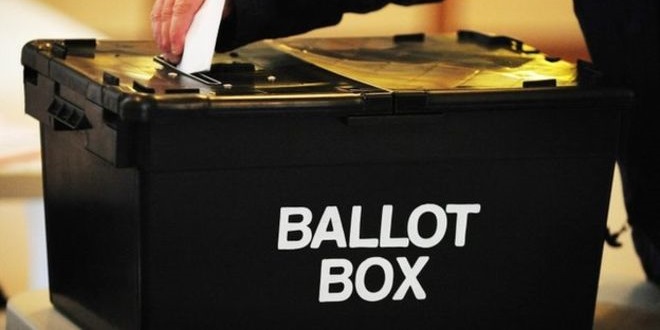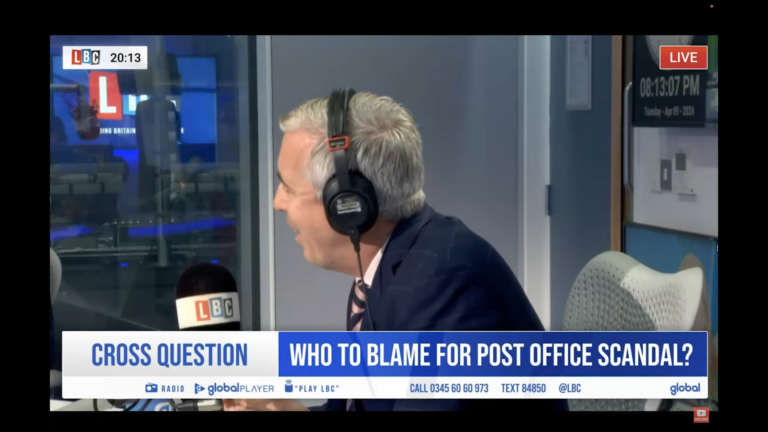It is no secret that Conservative Party candidates headed into this year’s local elections with some scepticism as to how they would fare, in light of scandals within the party at a national level (yes, we are talking about Partygate once again). Indeed, the ongoing anger of the public was demonstrated by a loss of votes for the Conservative Party across the region, much to the Party’s dismay.
Meanwhile, Labour and the Liberal Democrats lapped up votes from disillusioned electors, making gains across the East of England. Prior to the election, we picked out 5 races to watch – let’s reflect on the outcomes across these Councils.
- Basildon
The Conservative Party will be pleased with their outcome in Basildon, where they managed to maintain an overall majority of 8 seats on the Council. The Conservatives had previously lost their majority in 2019 before winning it back in 2021 – therefore holding onto this Council demonstrates no real change in voter attitude in Basildon. The win did seem to come as a shock to some Councillors, and even the local MP Stephen Metcalfe who commented, ‘we knew this could be a difficult night for us nationally, but I am very pleased with how things have turned out here in Basildon.’ Acknowledging the challenges for the party on a national level, he also stated that things, ‘could have been worse.’
The Labour Party suffered the loss of Leader of the Party Jack Ferguson, who lost his seat to Conservative candidate Sam Gascoyne by just 20 votes. Members of the local community commented on how Jack Ferguson had been notably absent throughout his term and in the run up to elections, with Sam Gascoyne having a more visible canvassing campaign.
Controversies from the previous Labour administration (2019-2021) led by Gavin Callaghan are believed to have influenced the voter outcome in Basildon, with voters continuing to feel disillusioned primarily over planning disputes in the town centre. Callaghan spearheaded the Basildon Town Centre’s controversial masterplan regeneration, which drew criticism from local people due to the number of high-rise buildings proposed for delivery. The Conservatives successfully leveraged this issue in their pre-election campaigning, reassuring local people that the party is against high-rise development and describing them as ‘monstrosities that create a ghetto for the future.’
- Castle Point
The Conservative Party have been making consistent losses in Castle Point over the years to Independent candidates – notably the Canvey Island Independent Party (CIIP) and the People’s Independent Party – but had managed to hold onto a majority from 2003 (aside from 2014, when the Council was under no overall control). That is until this set of local elections, where the Conservatives lost 6 seats to Independent candidates, ultimately losing their majority.
The result is not particularly shocking, given the Conservative Party were holding onto just enough seats for a majority (21) coming into these elections. Alongside the challenges faced by the party at a national level in tandem with local level challenges – notably contention over the Local Plan – the Conservatives may have seen this coming. Peter Greig, a CIIP Councillor, commented that voters were ‘very upset with the Conservative Party’, meanwhile Conservative Councillor Jay Blissett blamed ‘mainline politics, not local politics’ for 6 of her colleagues losing seats.
The Council is now under no overall control, but People’s Independent Party leader Steven Cole has confirmed that he is in negotiations with CIIP to run the council in a formal coalition.
- Colchester
Colchester Borough Council has effectively been hung since 1998, with no one party having enough seats for an all-out majority. In 2021, the Conservative Party were able to secure 23 seats and team up with the 3 Highwood Independent Councillors to run a join administration of the Council with the total number of seats needed for a majority (26). However, the Conservatives were in a weak position, given that one of the Highwood Independent Councillors stood down at this set of elections and there was no candidate to replace him. In order to retain the coalition majority, the Conservatives would need to successfully contest all of their seats and make at least 1 gain.
Unfortunately for the Conservatives, this was not the case, and the Party finished the day with 4 lost seats including that of the leader Paul Dundas. As in other constituencies across the region, Labour and Lib Dem candidates benefitted from the Conservative losses, with the parties gaining 2 and 3 seats respectively. The Green Party candidate Richard Kirkby-Taylor also gained the third seat in the Castle Ward, meaning all 3 seats in this ward are now held by Green candidates.
Negotiations are still ongoing as to the future running of the Council. The Conservatives still hold the most seats in the Council thanks to their strong rural seats, but there is potential for the Lib Dem and Labour parties to power share and form an administration.
- North Hertfordshire
North Herts Council remains under no overall control following the 2022 local election, with Labour and the Lib Dems continuing their joint administration. Labour won a total of 9 seats, gaining 2 from the Conservatives; meanwhile the Lib Dems won 5 of the contested seats, including 2 from the Conservatives. Despite only needing 2 to win a majority heading into this set of elections, the Conservatives managed to win 4 of the seats up for election but also lost 4 seats, taking their total number of seats to 19.
Confidence in this traditional Conservative stronghold has been gradually declining since 2019 – predominantly due to local level issues including planning and development.
- Stevenage
The Labour Party headed into this set of elections hoping to at least defend their seats and hold onto their slim majority of just 2 seats on the Council. However, the Party will have been pleased to walk away from this set of elections winning a total of 9 seats out of the 13 up for election – including 2 gains from the Conservatives.
Despite being Labour led since the Council’s creation in 1973, support for the Party has been steadily declining in recent years in line with national voting trends. Indeed, Labour came very close to losing their majority just last year, after losing a total of 5 seats at local elections. The Party’s win this year will likely have come as somewhat of a pleasant surprise, with the Council Leader Sharon Taylor commenting, ‘we were hoping we’d hold the seats … but to gain two as well is a great result for us.’
Labour ran a strong election campaign in Stevenage, with Party Leader Sir Keir Starmer visiting the town in the run up to elections – but Sharon Taylor noted that disillusion over national pollical issues seemed to be the dominating factor at this set of local elections, in particular concern over the ever-worsening cost of living and ongoing upset with Boris Johnson over the Partygate scandal. Nevertheless, Labour will be happy to have clawed back some of the seats they lost in 2019 and continue their long-term leadership of the Council.




